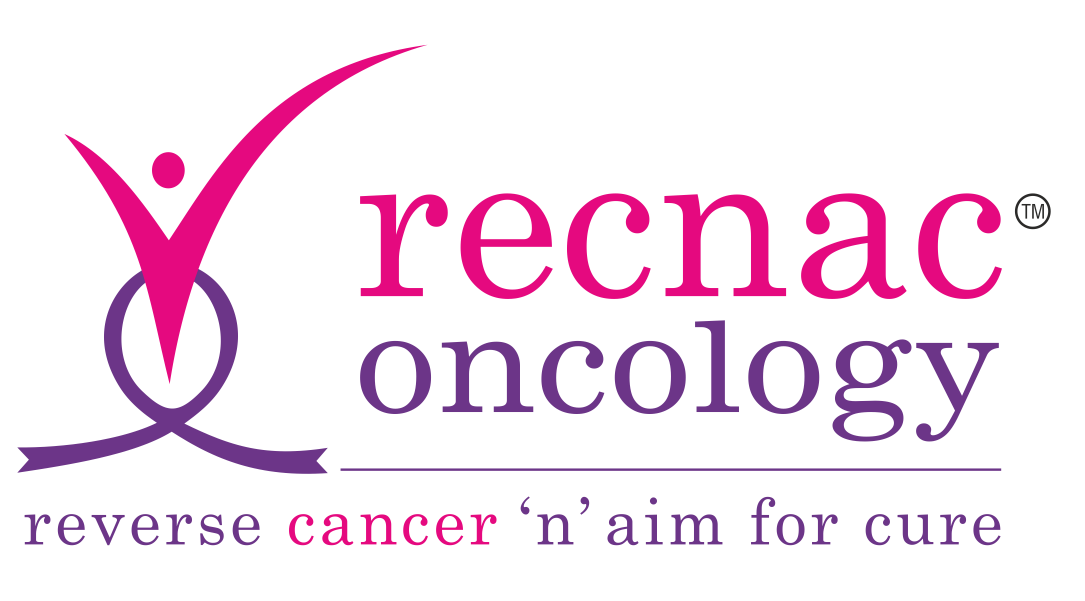Cancer-related Questions
Answer
Screenings are very helpful in detecting early signs of cancer. The earlier a cancer is diagnosed and treated the better the outcome. If you have a family history of cancer, talk to your doctor about available screening options.
Answer
The length of your hospital stay will depend on the purpose of your visit. If it is for a diagnostic test, then you will have to stay till the tests are completed. If it is for chemotherapy, you will have to stay in the hospital
Answer
The stage of the cancer denotes its spread in the body. Typically cancer originates in some organ or tissue and over time grows and spreads to other parts. The stage of the disease will determine the treatment options and the recovery chances.
Stage 0 means the cancer is localized and hasn’t spread anywhere. Stages I, II and III mean the cancer has spread to nearby tissue and lymph nodes. Stage IV means the cancer has spread further and across other parts of the body. This stage is called metastasized cancer.
Answer
Chemotherapy is a drug therapy. The drug is administered through a vein, is injected into a body cavity or is taken orally. The drug destroys cancer cells. Cancer cells grow fast and so are targeted and destroyed. In the process, other healthy fast-growing cells are also destroyed leading to side effects. In some cancers the cells grow slowly and a different drug is used to target theses cells and destroy them. So the type of cancer you have will determine the type of drug that is used.
Chemotherapy is given in sessions based on the cancer and the stage of the cancer. Treatment schedule is drawn at the start but may be altered to suit your needs and the progress of the treatment. It is very important to stick to the doctor’s schedule and advice as the drug is nearly as important as the time interval between sessions. Any changes you make will affect the result of the treatment.
Answer
The drug and schedule are chosen according to individual patients. Generally chemotherapy is given once in three weeks. The duration will depend on your cancer and its stage.
Answer
Most chemotherapy drugs cause nausea and vomiting, but every drug and treatment comes with a suitable medicine for nausea. Take the medicine as prescribed and you will be able to overcome the feeling of sickness. If you have not been given any anti-nausea medicine and are feeling nauseous, contact your doctor.
Answer
Some drugs may lead to hair loss. This starts within 2 weeks of the treatment. Some drugs may cause thinning of hair, others complete hair loss and some no problem at all. But the hair you lose will grow back when the treatment is completed.
Answer
Drugs or the cancer may lead to loss of appetite. You may not like your favourite foods and food in general may not be appealing. Whether you like it or not, ensure that you have timely balanced meals. Talk to a nutritionist for advice on meals. Nourishment is essential to withstand the treatment and aid recovery.
You may feel weak and fatigued all the time. Eat a well balanced meal, indulge in your usual activities as much as possible and take frequent rests in between. A healthy and positive mind increases the chances of recovery.
Answer
Exercise is definitely helpful during cancer treatment. It helps you overcome the symptoms of therapy and deal with cancer better. Consult a physical therapist to get ideas about exercising during cancer and treatment.
Answer
Yes. Therapies are chosen to suit individual needs and will be tailored to suit you so that you recover faster. This will help you continue working through your treatment and also enable you to live a full life. You may have to take a day or two off to get back your strength after a session.
Answer
While side effects are common with cancer treatments, informing your doctor about them will help them prescribe suitable remedies and coping mechanisms. Please remember, each person is unique and reacts to drugs differently. It is very essential to inform your doctor about your side effects and get them remedied as much as possible to have a better quality of life.
Answer
Yes. Pain management is a separate speciality and it deals with cancer pain management in detail. Your doctor will prescribe the best pain management medicine or procedure to provide you with maximum relief.
Answer
When you are positive and happy your stress is relieved. The chemical signals from your brain are positive and help increase circulation, promote relaxation, improve pain management and this will promote greater healing. While it may not be possible to be cheerful always, it is important to get over periods of negativity with a conscious effort and usher in some calm into your life and mind. This will greatly improve your chances of a better result.
Answer
Ayurveda, Yoga, Massage therapies etc. are alternative medicines. They will help relieve various stresses and side effects of the treatment and will promote positivity and greater healing.
Answer
A cancer is in remission if the tumour has shrunk and is no longer actively growing. If the tumour becomes so small that it cannot be seen in an X-Ray, then you are in complete remission. This may not mean a cure, but it means that your cancer is no longer active and is not a threat. You will still have to have periodic follow up tests to check if your cancer stays that way, but a complete remission is a reason to celebrate.
